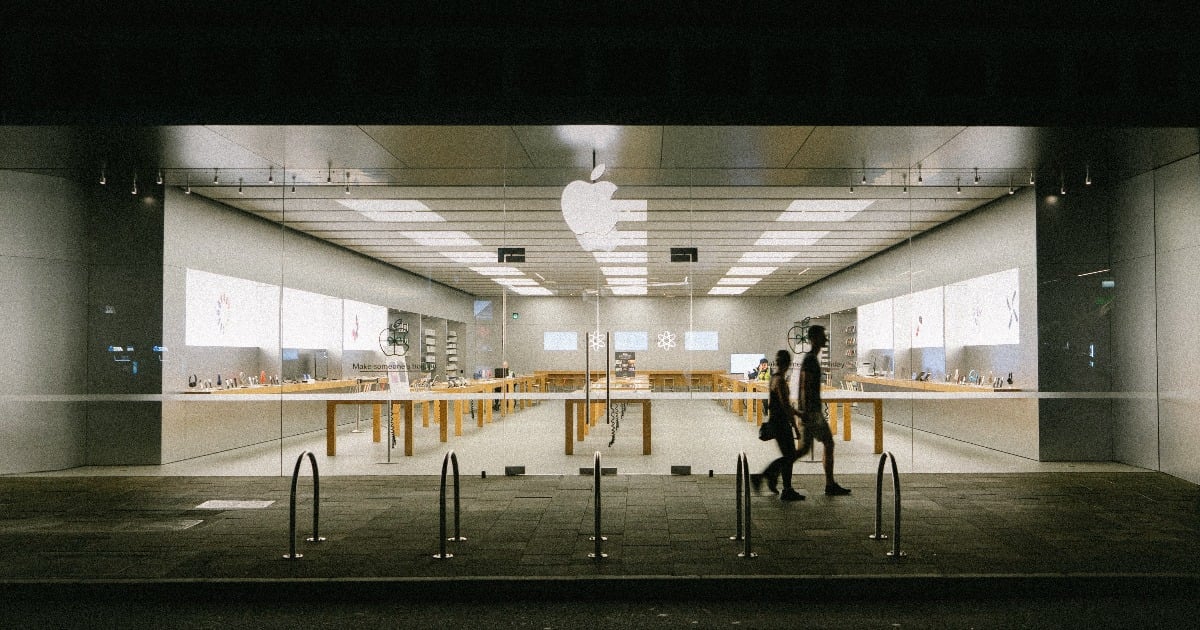Loyalty. It’s the “L Word” of the retail landscape. It’s not enough to bring in a new customer; retailers must also ensure that shoppers come back again and again. It’s not hard to bring in a new customer. Toss out a coupon, hold a tasting event or “Sip and See” with refreshments and new merchandise and you’re guaranteed to bring a few people to the cash register. And then what?
Loyalty is a big deal. Smart businesses know that their repeat customers are the ones talking about their brand, telling their friends and bringing in new customers. That old shampoo commercial where one person says, “I told two friends and so on and so on” is a basic, yet very accurate, description of brand loyalty. Loyalty is a broad term, and there is more than one kind of brand faithfulness. Knowing which type to go after is key to creating a following.
Sorting out Loyalty Types
Rational Loyalty: This is the kind of brand faith that is about pure facts. Numbers, ratings, and performance drive these customers. These customers could easily be called the “Consumer Reports” devotees. They don’t buy something as small as a toaster without doing their due diligence of research into ratings, performance, and price. They make their decisions on cold hard numbers, on what they can afford and particular specs they want in a product. Generally, the larger the ticket price, the more rationalizing goes into the decision. A new mattress, a new stove or refrigerator, and of course a car, are all examples of purchases that consumers take a fair amount of time before they pull the trigger. That is as it should be, and brands who want to appeal to a “Just the facts” approach do well to make sure their marketing efforts highlight the nuts and bolts of their products and why customers should trust the reliability and value of their product.
Transactional Loyalty: Every business, every product, every campaign will always have its fans. In good times and bad, there is still a core group of consumers that stand by their brand. Whether it's beer, bread, ice cream, or tobacco, retailers depend on that loyal customer who would “rather fight than switch.” The reasons for this kind of loyalty vary, however, so it’s important to recognize the reasons why a customer keeps coming back. It’s not enough to rest on the laurels of these diehards, however. Transactional loyalty is behavioral. This is the kind of brand faithfulness that is akin to the television show “Cheers” when lovable regular Norm shows up, and everyone in the bar greets him, shouting “NORM!” Every business has their cadre of “Norms,” and that’s a win, but it’s not everything. Norm is habitual. This customer goes with what they are used to. Every business has these customers. The coffee shop that is on the right side of the road during the commute is an example. Not everyone pulling into Starbucks and Dunkin Donuts is doing so out of love for the brand; sometimes it’s just about easy on and easy off. Transactional loyalty is nice, but it doesn’t move your brand to the next level.
Emotional Loyalty: Getting the customer who cares about the product should be a goal for retailers who want to secure more of a market share. This is emotional loyalty. The customers that go back to a place time and again not out of habit, but rather a connection to the product, are the goal for many retailers. Front line employees know this customer and can tap into that feeling of being recognized, valued, and considered. Perhaps this is part of the reason Norm showed up every day at Cheers, but that’s fiction and business is real. How can a company harness the emotions of their customer base? Again, it’s about making a connection that includes good product knowledge, incentives like price points and rewards, and some shared experiences
Getting it Done: This is where brand ambassadors in stores are invaluable. Think about the market for baby furniture and equipment. Parents represent a combination of mindsets that embody a little bit of each kind of loyalty, so getting them to commit is a challenge. Someone who grew up with Fisher-Price brands is going to have a behavioral attachment to those products. The dad who reads every safety recall and product test report might go into a purchase of a crib or a car seat with a “just the facts” approach because that is the rational choice based on hard numbers. What if your store doesn’t carry the car seat that a parent decides is the sensible option or the toys that evoke their childhood memories? Enter the store associate, a de facto brand ambassador who can deliver that last piece, an emotional connection to the brand.
A store’s loyalty program is just the first step; everyone likes earning a point or a shopping dollar, but what comes after that? First-time parents are especially important in this scenario. Parents expecting their first child are overwhelmed with weighing all the information, rational, emotional and habitual, as well as the physical and financial demands of their upcoming bundle of joy, so store associates who are also parents, who are local to the retail location, and who have been where these customers now find themselves are a critical element to incorporating each kind of loyalty into the marketing mix. Brands that use transactional loyalty programs to get customers in the door, then data, and finally brand representatives who understand the emotional side of sales will be the successful ones.
Does your business need help with generating customer loyalty that hits on all three of these critical areas? Let ThirdChannel help you craft a strategy that brings in customers who will stick around for all the right reasons.


